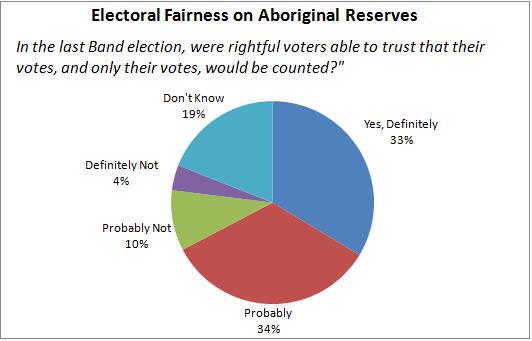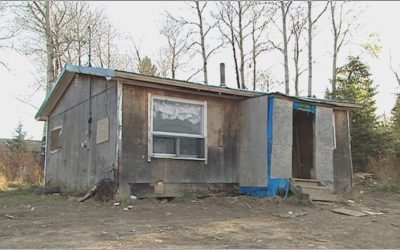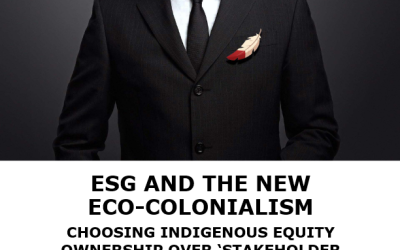Electoral Fairness on Aboriginal Reserves
One of the most important dimensions of good governance is free and fair elections, a cornerstone of democracy. Legitimate and good government can only exist where political leaders operate with the consent of the public, which can only be obtained through open and fair electoral processes.
In order to gauge perceptions of electoral fairness, we asked our respondents: “In the last band election, were rightful voters able to trust that their votes, and only their votes, would be counted?” The following chart illustrates the responses which those surveyed gave to this question.

Source: The Third Annual Aboriginal governance Index. Available at
www.fcpp.org· When asked to describe their level of confidence that votes in the most recent band election were counted fairly, just four per cent gave the worst possible response of “definitely not.”
· Only a total of 14 per cent expressed the opinion that votes were either “probably” or “definitely” not counted fairly in the last election.
· A clear majority, 67 per cent, stated that votes were “probably” or “definitely” counted properly.
There are still signs that many residents on reserve have misgivings about the quality of their electoral processes. For example, in another component of our survey, nearly half of all respondents (48 per cent) expressed the opinion that at some point “favours and payments had been exchanged for votes in their community.” This fact, combined with the fact that a sizable minority of respondents either expressed scepticism about the fairness of the last election or said that they “did not know” if votes were counted correctly indicates that there is more work to be done.
View as PDF



